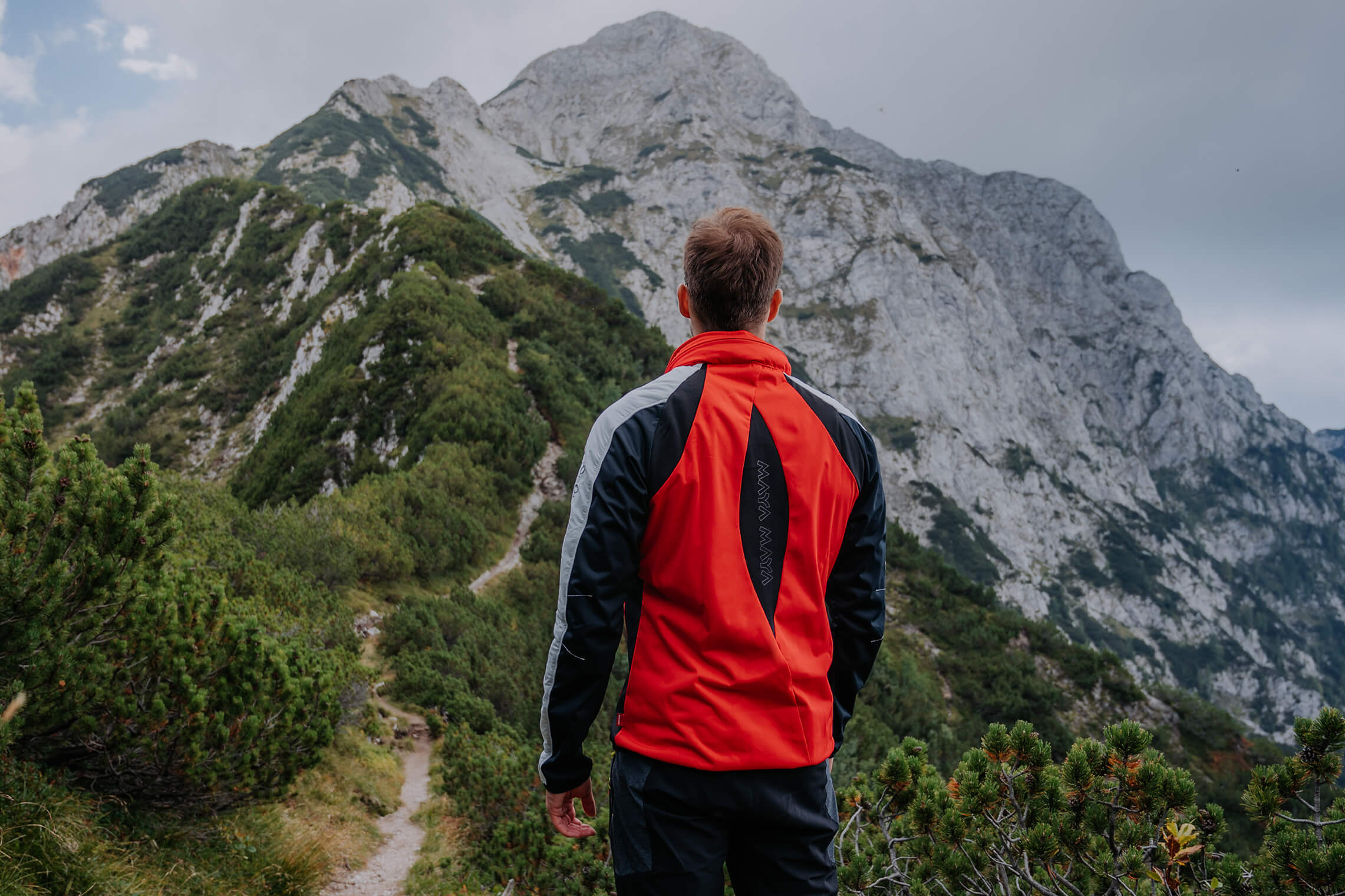
Why to Start Climbing?
Physical and psychological benefits of rock climbing
Rock climbing is not only a sport for your body, but it also brings many benefits to your soul.
In this blog, some of the many physical, emotional, and psychological advantages of climbing will be mentioned.
PHYSICAL BENEFITS OF ROCK CLIMBING
A rock climber has to be trained and strong. This is essential for such a physically demanding sport. A lot of strength is needed to cling to the wall and many times you are holding most of your muscles in a static hold, constantly tensed. However difficult, you should try to be as relaxed as possible. Getting better at climbing is very demanding and sometimes you just cannot improve, but it is worth trying hard.
Here is the list of remarkable physical benefits of climbing:
Tones arm muscles. Your arms will become stronger the more you climb because they cling the climbing wall and pull oneself up. Forearms and shoulders carry the most weight, therefore gains are guaranteed. Your grip strength will increase dramatically after just a few weeks of climbing.
Carved back and neck. By looking up, down, and around you as you climb, the neck will develop stronger muscles. Because of the nature of this sport, also your back carves out nicely!
Quick-witted thigh muscles. Although this is not one of the main muscle group, it will become stronger, because your legs strive to balance you on the wall.
Combines cardio and strength into a single workout. During one session of rock climbing, the body executes a number of physical tests, including building muscles, boosting heart rate and developing stamina. According to a 1997 study published in the British Journal of Sports Medicine, the cardio and energy consumed in rock climbing is similar to running at a pace between 8 and 11 minutes per mile.
Increased flexibility. Rock climbing encourages participants to increase their range of motion. Rock climbing demands flexibility and adaptability as it requires climbers to reach, leap and climb to handholds and footholds usually far from a comfortable distance. According to the July 2011 issue of “Medicine & Science in Sports & Exercise,” the American College of Sports Medicine suggested stretching should be done at least twice a week to increase flexibility, range of motion, and improve blood circulation.
A review published in the Journal of Human Kinetics in 2011 reported that elite rock climbers often have lower body mass indexes, lower body fat percentages, and increased handgrip strengths.
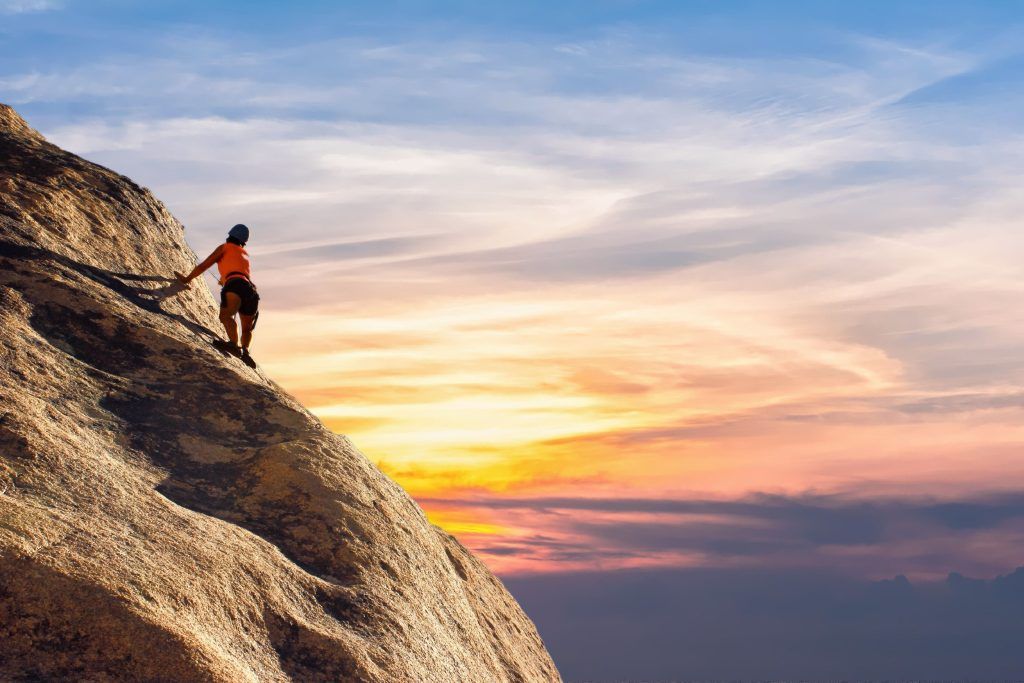
PSYCHOLOGICAL & EMOTIONAL BENEFITS OF ROCK CLIMBING
Climbing is a full-body workout, meaning your head is active as well.
- Mental strength. In bouldering (a type of rock climbing done without ropes or safety harnesses) the routes are called problems – and justly so, as rock climbing requires problem-solving skills. Navigating routes demands a climber to judge their individual abilities, such as reach, strength essential to complete the following step, current energy levels, and route planning. Moreover, rock climbing requires hand-eye coordination necessary for a climber to judge what he or she sees and how to reach it.
- Reduces stress. Rock climbing reduces stress by increasing levels of norepinephrine, a neurotransmitter in the body that helps to release stress. Climbers often become engaged in the flow of the activity enabling them to become focused on the activity of reaching, climbing, and leaping, which brings a sense of ecstasy. Climbing outdoors has also been proven to further decrease stress levels, as climbers are more exposed to the sun and therefore produce vitamin D.
- Conquers fears. What prevents us from enjoying life to its fullest extent? Among the greatest obstacles is fear. Since one of the most common fears is the fear of heights and the fear of falling from heights, rock climbing is a fantastic way to conquer them. Climbers are frequently strapped to harnesses that serve as a safety measure, preventing climbers from falling when they lose their balance or grip. These help climbers to reach heights that they would not without safety protection. Conquering this fear of heights empowers many climbers to go out of their comfort zones and builds confidence and self-esteem.

THE MOST SIGNIFICANT ONE: IT IS YOU VS. YOURSELF
Climbers often find themselves standing on the edge of their comfort zones which leads them to boost their confidence and self-reliance. Climbing offers the opportunity to dive deep into your mind and your bodies’ limitless potential, enabling you to challenge yourself further in completing more and more complex routes. Even when a route is completed, climbers continue to tackle more challenges with even greater difficulties.
Go challenge yourself and climb to the top!
Latest guides

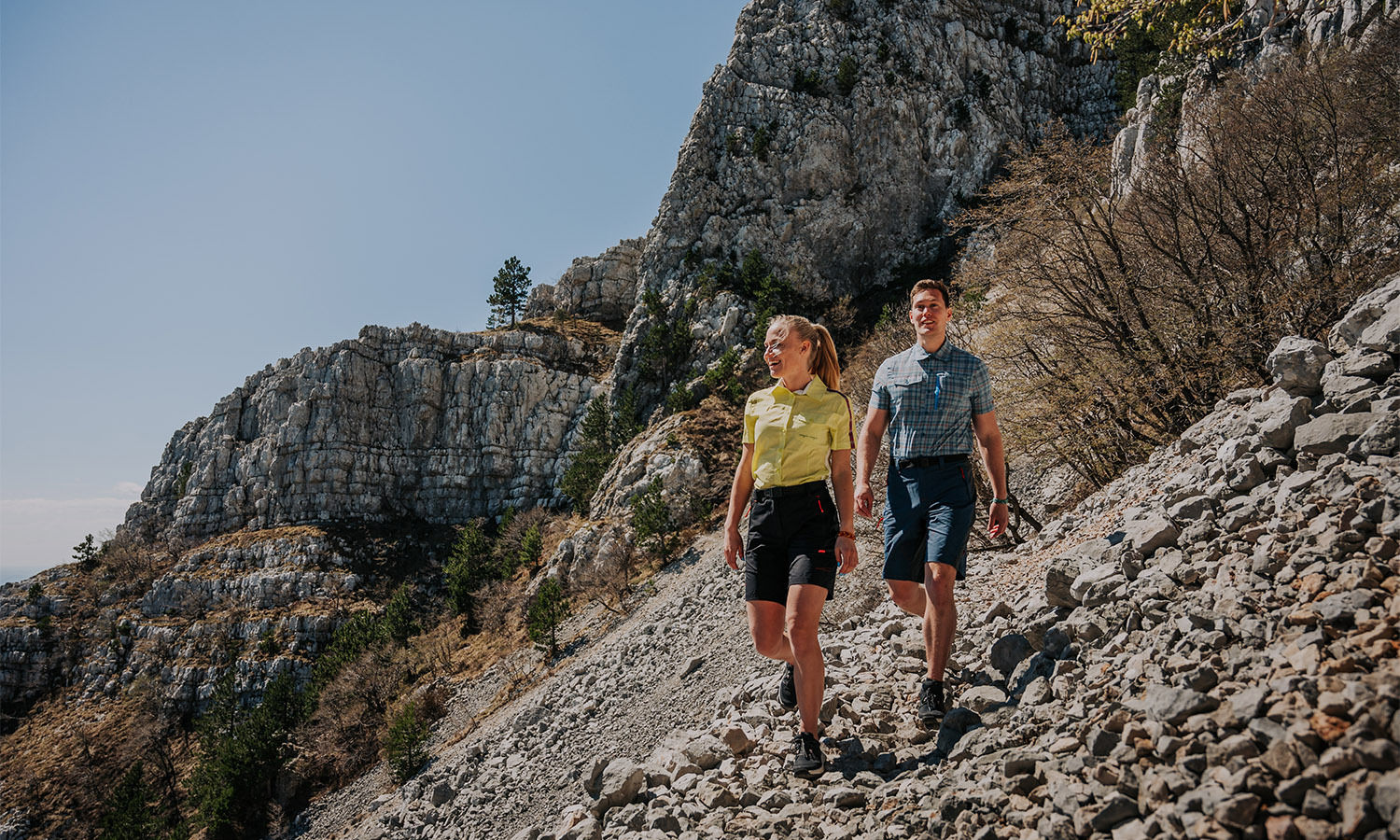
THE HEAT: Part 3
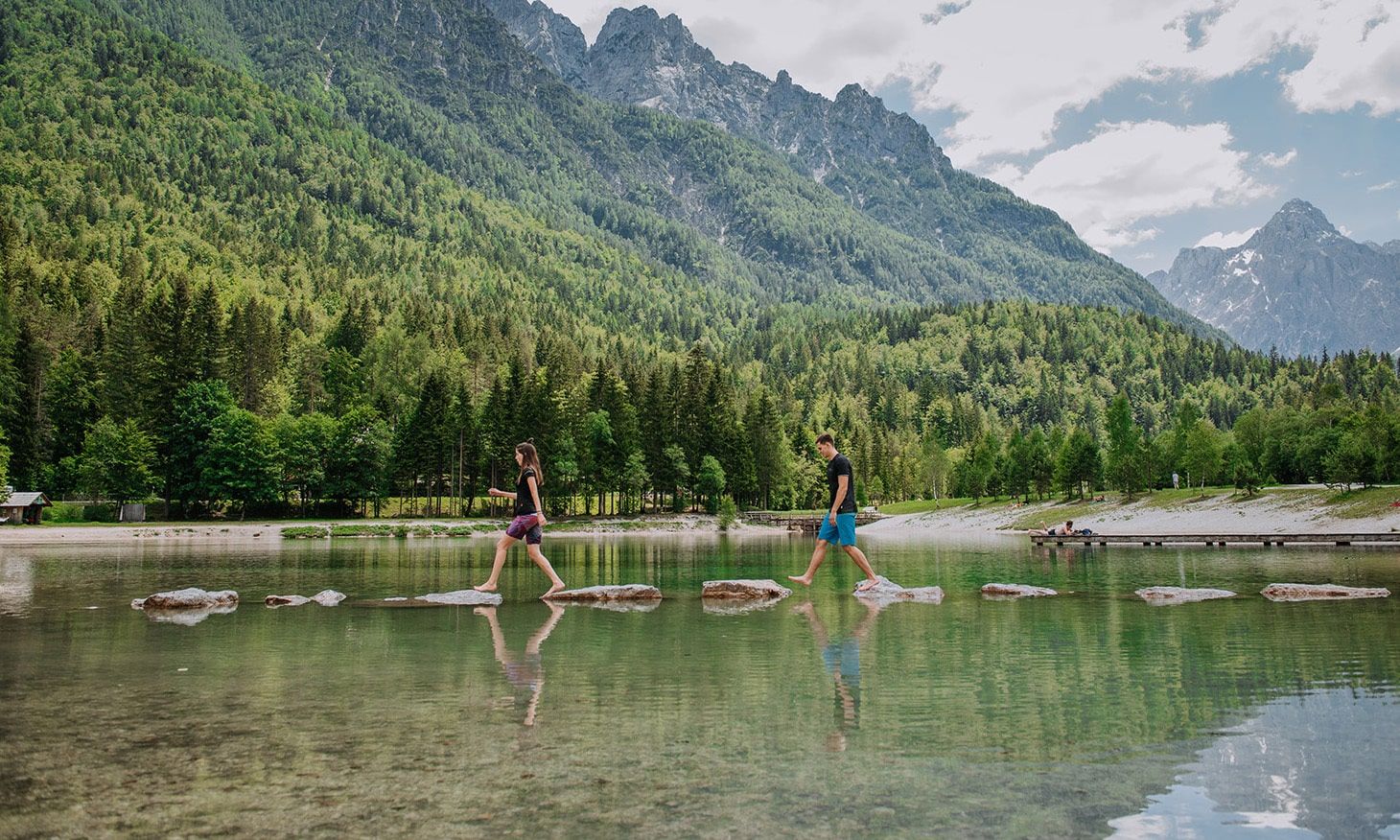
THE HEAT: Part 2
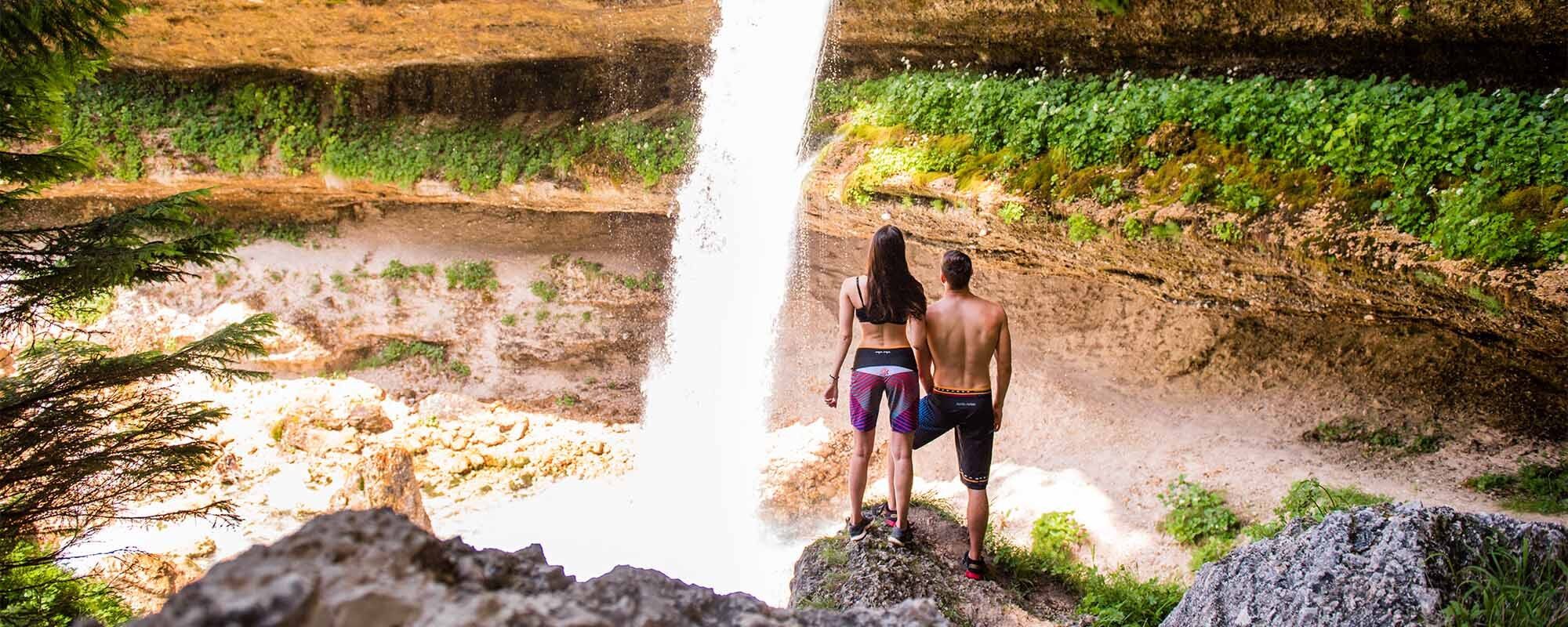
THE HEAT: Part 1
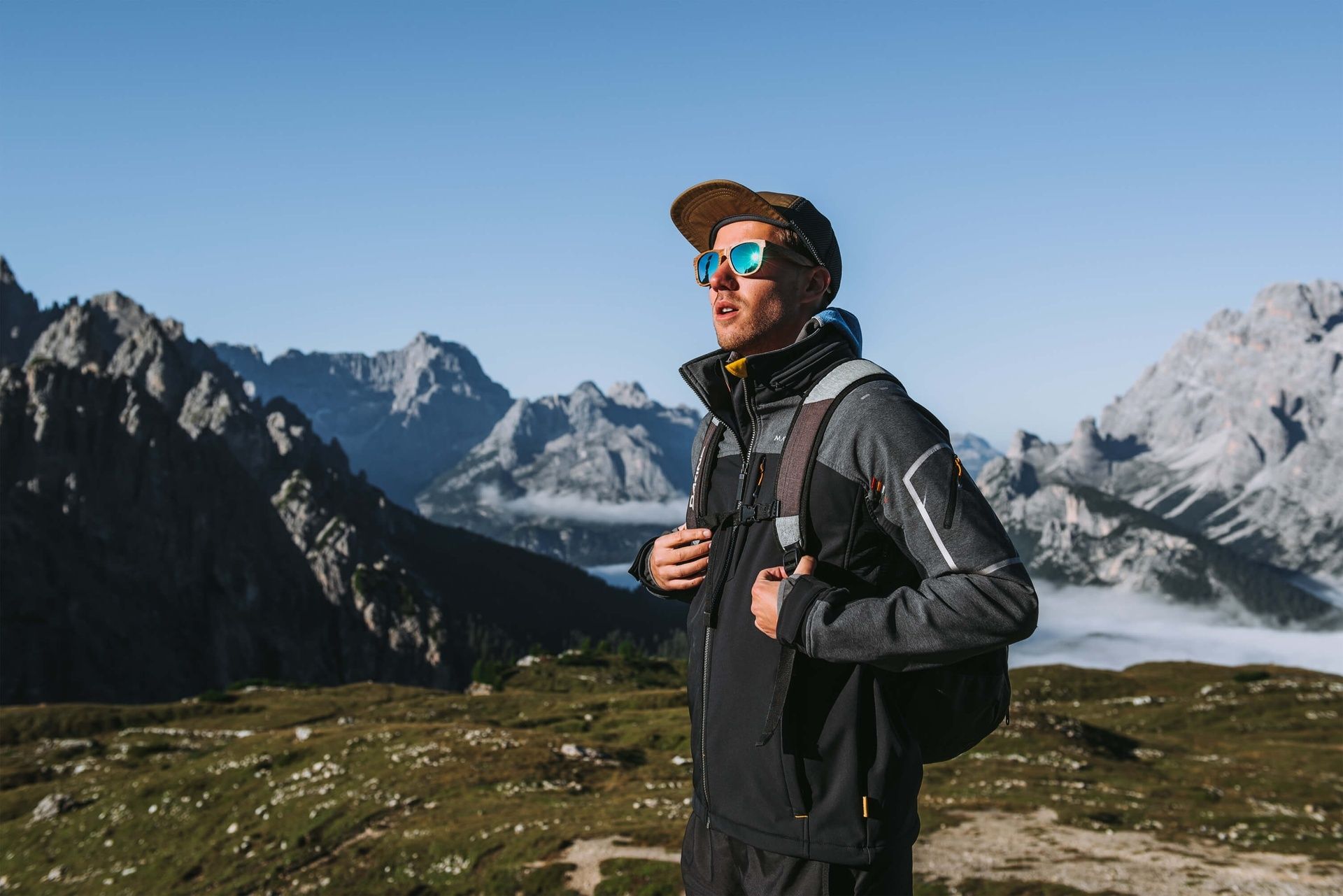
Thermal balance: what it means?
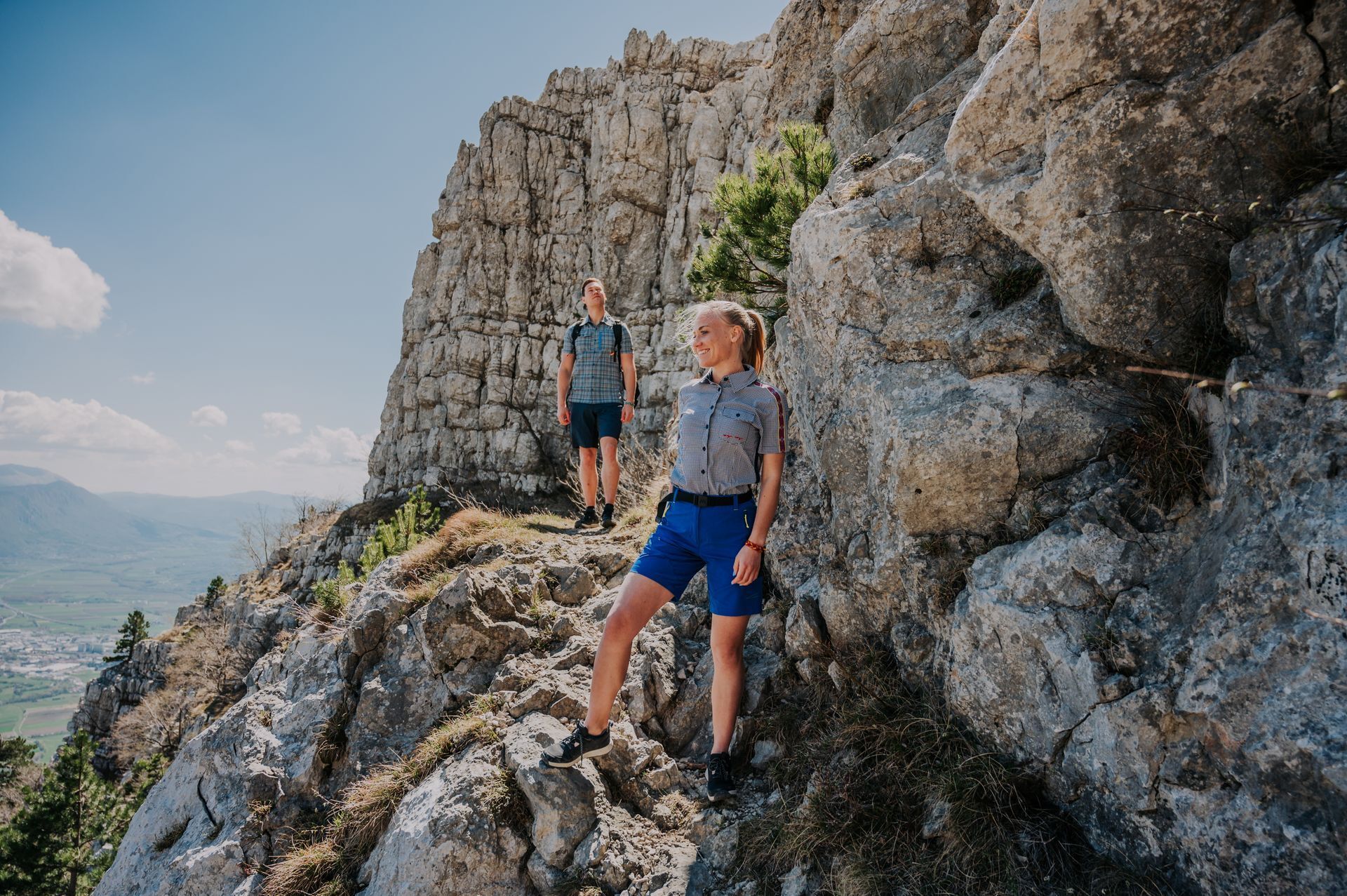
What do I wear for hiking?
Inspiring stories

History of Ancient Mayans

Event recap
Discover the magic of MAYA MAYA at our Landquart event. Explore the ‘Unique and Indigenous’ collection, enjoy cocktails, and workshops.

What to wear for an autumn hike?
Gear up for colder days with our guide on hiking in dry conditions. Learn about layering, baselayer, softshell and pants for optimal comfort.

THE HEAT: Part 3
Stay stylish and protected under the summer sun with our perfect outfits for walking, beach outings, active vacations, and mountain hikes.

THE HEAT: Part 2
Stay safe in the heat with tips on UV protection, hydration, and clothing. Adapt to summer conditions for outdoor activities, enjoy the sun!

THE HEAT: Part 1
Learn how your body functions in the heat, how to stay safe outdoors, basics of thermal comfort, internal temperature regulation, sweating.

Thermal balance: what it means?
Thermal balance is crucial for our well-being. Understand what it means, how it affects us and learn about heat exchange and metabolism.



